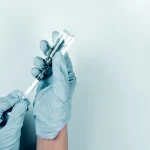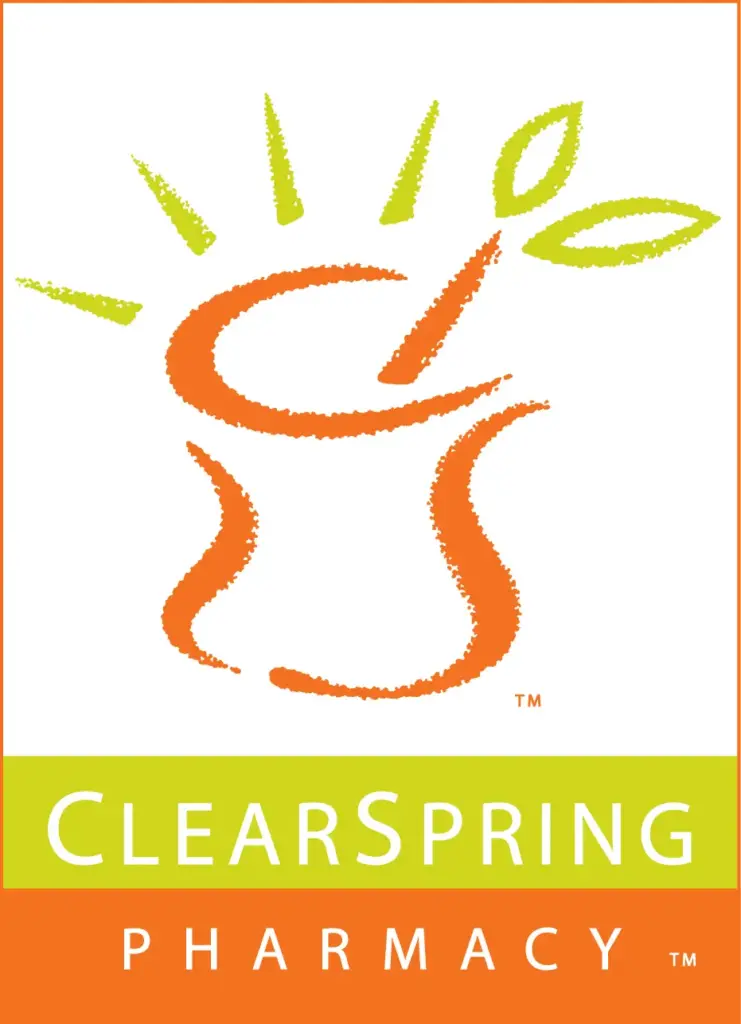
What is Diabetes?
Diabetes is a health condition defined by our inability to generate insulin.
Our body digests food and deposits glucose (sugar molecules) into our bloodstream when we eat. It also naturally releases insulin to signal that glucose levels are too high and should be used for energy. This generally allows our body to maintain a safe glucose level in our bloodstream.
This is a vital health process because high glucose levels can lead to health problems such as:
A person with diabetes struggles to produce, or cannot produce, insulin to counteract high glucose levels. Instead, they must manually monitor and adjust their glucose level with insulin injections and other medications.
Self-management is crucial to the well-being of someone with diabetes.
Our body digests food and deposits glucose (sugar molecules) into our bloodstream when we eat. It also naturally releases insulin to signal that glucose levels are too high and should be used for energy. This generally allows our body to maintain a safe glucose level in our bloodstream.
This is a vital health process because high glucose levels can lead to health problems such as:
- Loss of vision
- Kidney failure
- Heart complications
- Neuropathy
- And more
A person with diabetes struggles to produce, or cannot produce, insulin to counteract high glucose levels. Instead, they must manually monitor and adjust their glucose level with insulin injections and other medications.
Self-management is crucial to the well-being of someone with diabetes.






